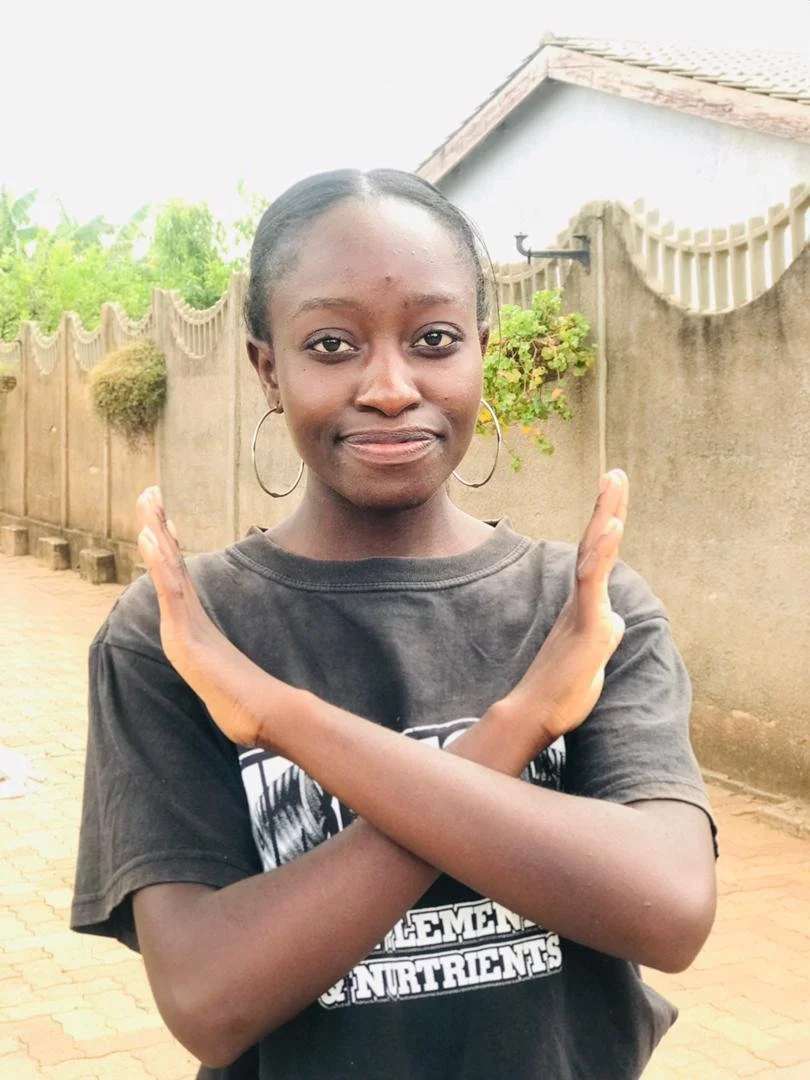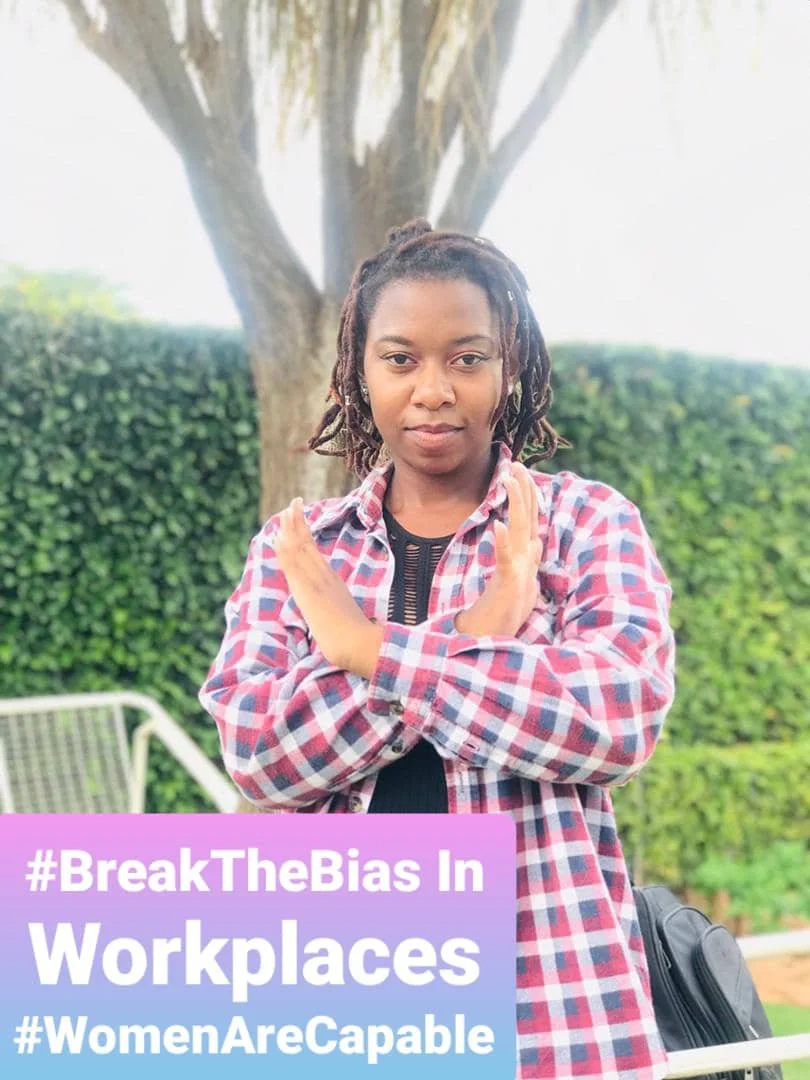Working Together to Break the Bias - Part 3
To celebrate Women's History Month, we have a series of blog posts by Samantha Nontsikelelo Dube, focused on the #IWD2022 in-person meet up of the participants of Amanatombazana in Bulawayo, and the important conversations they had around gender inequality, as well as how to #BreakTheBias.
In this final post of our #BreakTheBias series, you will hear from the participants in our International Women’s Day event. The ability to open up and share such experiences and solutions was made possible by the existence of a safe space, which is what I appreciate the most about Amantombazana. Women and girls are being empowered to use their voices through the provision of a platform on which to use them. It is important that such spaces are available for women and girls of all ages, in every community.
In the spirit of sharing, here are some of the takeaways from the event shared by the ladies.
“We need to ACT. We can't just have conversations after conversations. We need to do more things, have campaigns, seminars, webiners, meetings and all. We need to be proactive in everyday we can. We can have more social media presence, have conversations, spark conversations, get the people talking. Let people see that women can also take up space and be good at it. We can invite women who have conquered in their respective spaces and have them share their experiences.” - Vicky
“We need to involve both the boys and girls in the gender bias discussions and also involve parents and and guardians.. However, we need to do more than just discussing but rather act and implement strategies to end gender bias.” - Noxy
“In the matter of physical abuse, some people find it hard to tell the other party that they are abused because they feel they will tell other people and they somehow feel embarrassed and think it's their fault that they are abused.We should create a safe space within our friendships and in families so that they can talk freely without being judged or feeling you will tell someone.We should also build trust networks amongst ourselves as women and encourage our aunts and mothers to stop saying , ‘umfazi uyibamba itshisa’,: a proverb used to silence women who are being abused.” - Porty
“We need to involve our communities in these gender bias conversations. Resocialisation is also needed so that we can move away from the bias beliefs we have been taught.” Faffy
“We have to find ways to educate those in rural areas cause some girls and young ladies in those areas are still being taught that being a woman means you have to be a good wife and that's it. Yet there's so much more we can do as women. The host also inspired me to follow my passion against all odds. She told her story and I was very inspired. She said if she could go that far then we all can.” - Michelle
“It’s important to create safe spaces for women and girls whereby they can share with each other the challenges they face simply for being women as well as uplift each other.” - Lynn
“It is now up to us to teach our future children the right way and break unintentional bias rather than supporting it… we can stand up and teach our children how to do it right because we now understand better.” - Ladygrape
#BreakTheBias Gallery
As women and girls at Amantombazana , we believe that we are the strongest when we have each other. Together we set the pace towards obtaining equality for tomorrow, for us, and for generations of women and girls to come. Lastly, if there’s another important thing we must never forget as a key takeaway from #WID22 as Amantombazana, it’s the reminder to look within and actively unlearn those behaviors and biases that we often think are obvious or simply ignore. It is through truly confronting ourselves and actively reflecting that we can teach the same consciousness to others. Let’s continue the year in this same path, learning, unlearning and teaching.
Thanks for reading our #BreakTheBias series. Please subscribe to our newsletter to keep in touch.










